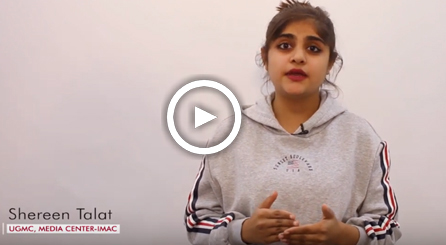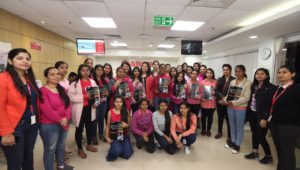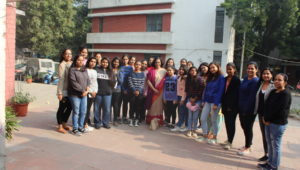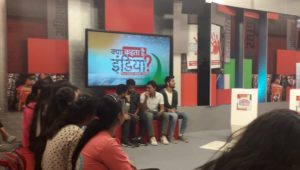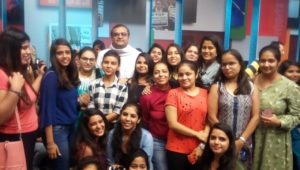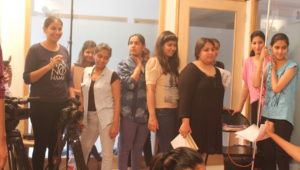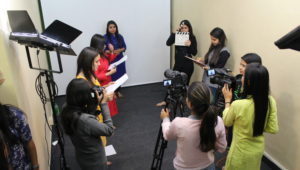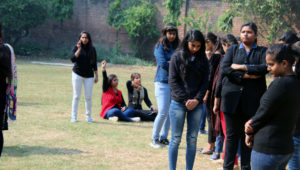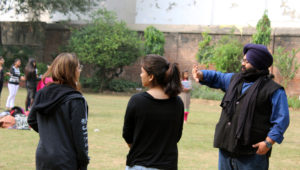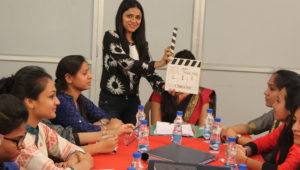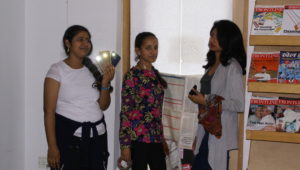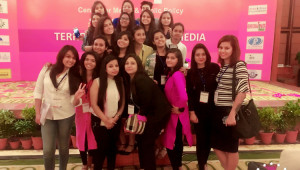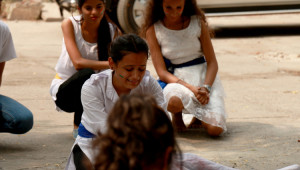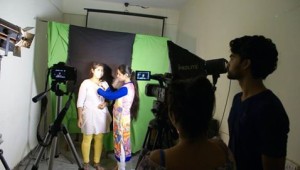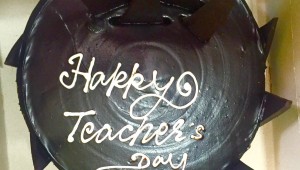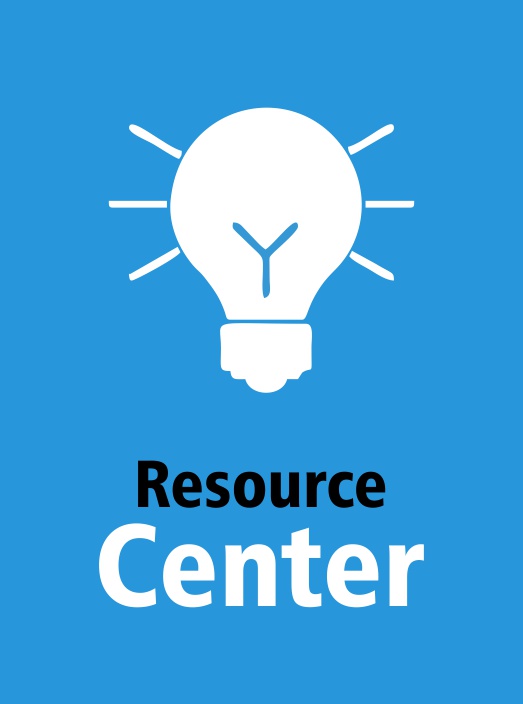News is occurring all the time: People are being born or dying, banks are being robbed, roads are being planned, companies are making profits or losses, storms are destroying homes, courts are sending people to jail or freeing them, scientists are discovering new drugs.
 Even if you are a journalist working in a small country, something interesting is probably happening in your country at this moment.
Even if you are a journalist working in a small country, something interesting is probably happening in your country at this moment.
Your job as a journalist is to acquire information on those events and present it to your readers or listeners. But you cannot be available everywhere all the time to see those events for yourself. So you need other ways of getting information on all those hundreds (maybe millions) of events you cannot witness yourself. When someone or something provides you with information, we call them a source.
Reporters
One of the most reliable sources of information (although not completely reliable) are other journalists. If they are well trained, experienced and objective, their reports will usually be accurate and can be trusted. However, if there are any essential facts missing from their reports, these will have to be provided. Either they will have to provide them or you will have to find the missing facts yourself. Mistakes can happen. A reporter’s story should be checked by the news editor then the sub-editor. In small newsrooms, where the reporter may also be the editor or newsreader, the reporter must be especially careful in checking facts.
All sources, including reporters, are said to be reliable if we think they can be believed consistently. If a source is always correct in the information they provide, we will believe them next time. Reliability is built up over time. Your personal reliability as a journalist is important. If you have a good record for fair and accurate reporting, you will be believed. You must always try to give precise facts and attributed opinion. If you cannot do that, you can use phrases like “it is believed that …” or “it appears that …”. It is better to do this than to leave your readers or listeners believing that what you have said is a proven fact.
Primary sources
Often the source is someone at the centre of the event or issue. We call such people primary sources. It might be a man who fell 1,000 metres from an aircraft and lived to tell the tale; or a union leader who is leading wage negotiations. They are usually the best sources of information about their part of what happened. They should be able to give you accurate details and also supply strong comments. A word of warning here: If any of your sources, however reliable, gives you information which is derogatory, you can still be taken to court for using it. You are responsible for deciding whether or not to print the defamatory material. (See Chapters 69 and 70 on defamation.)
Written sources
Not all primary sources will be spoken. Written reports can make an excellent source of information for a journalist. They are usually written after a lot of research by the authors, they have been checked for accuracy and are usually published with official approval. However, just because information is printed, that does not mean that it is reliable.
Even major online references such as Wikipedia rely on volunteers writing the entries and checking their accuracy and there have been numerous cases of people using entries in Wikipedia and other online reference works to spread untruths. In many countries, official transcripts of the proceedings of a court or parliament have some legal protection from actions for defamation.
Leaked documents
You may occasionally be given documents which have not been officially released to the press. They may be given to you by someone in a company or government department who does not want to be seen giving them to the media. We call these leaked documents. Documents are often leaked by people who believe that the public should know the contents but who are unable to reveal it in public themselves, perhaps for the reason that they do not have the right to do so. In some cases, documents are leaked by a person to gain a benefit over someone else, perhaps someone who is criticised in the report. Leaked documents are often excellent sources of news stories because they can contain information which someone wants to keep covert.. Leaked documents could also be covered by copyright, so you could be breaking the law by quoting directly from them. You are on safer ground in reporting the substance of what was said, in your own words.
Secondary sources
Secondary sources are those people who do not make the news, but who pass it on. The official police report of an incident or comments by someone’s press officer can be called secondary sources. Secondary sources are not usually as reliable as primary sources. Most eyewitnesses should be treated as secondary sources for journalists because, although they are able to tell what they think they have seen, they are often not trained for such work and can be very inaccurate, without meaning to be.
[This article is published by Media Center-IMAC in interest of student awareness and career guidance. Media Center-IMAC specializes in Post-Graduate/Under-Graduate diploma courses in Media Studies and Mass Communication & TV journalism. With practical oriented and industry specific course, Media Center- IMAC is a prominent institution in Delhi.
Our alumni have proven themselves in the media world and are currently working at prestigious media organizations and top news channels. Besides full time diploma courses, Media Center-IMAC also offers specialized certificate courses in TV reporting, Digital marketing, video editing, radio jockeying, photography and many more.
For more info, visit: http://www.mediacenterimac.com/
Or email at: mediacenterimac@gmail.com
Or call at: 011 43489010, 8076807939.]








